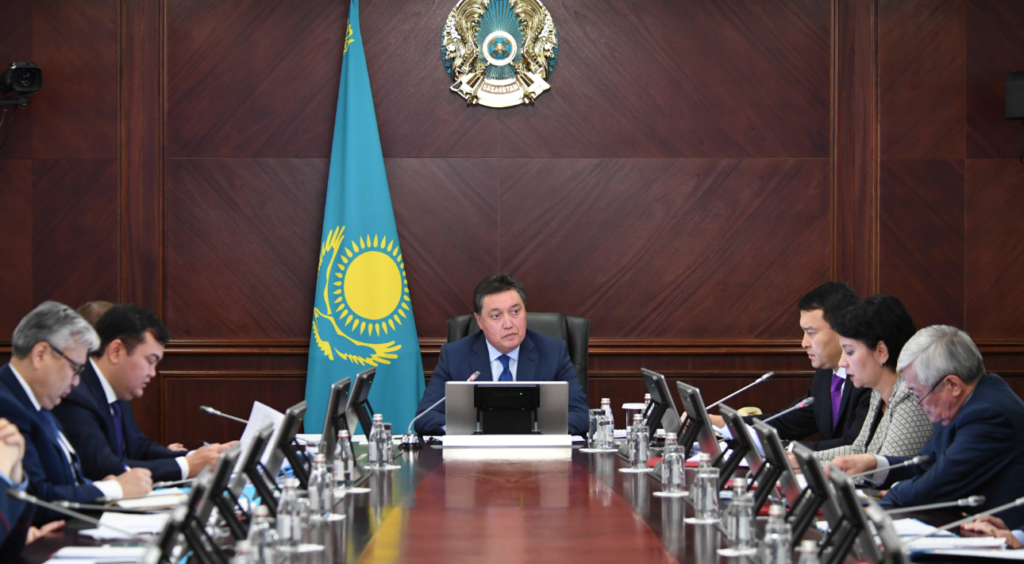NUR-SULTAN – The Kazakh government adopted the latest package of amendments May 28 to the programme supporting domestic production of daily consumed goods and services, known as the Economy of Simple Things. The proposed measures include cutting the interest rate for end borrowers with a fixed state-subsidised share, introducing a preferential period for a maximum one-third of the loan tenure and expanding the list of products eligible for loans.
The Economy of Simple Things supports sectors such as light industry, manufacturing and the agro-industrial complex. Kazakhstan seeks to decrease the import share of such products from 59 percent to 37 percent by 2025, create 16,000 jobs and bring 1.1 trillion tenge (US$2.89 billion) in taxes to the budget.
The goal is to increase the share of purchases from domestic producers. Manufacturers will be required to confirm their production capacity through a special industrial certificate. Preferential lending is part of the measures to support local producers.
Prime Minister Askar Mamin noted positive indicators. The economy of simple things project office currently runs nearly 900 projects worth more than 700 billion tenge (US$1.84 billion), including 41 worth 25 billion tenge (US$65.7 million) approved by second-tier banks and 111 worth 126 billion tenge (US$331.5 million) pending approval.
Small, medium and large businesses producing goods on the priority list (365 items) and in the main classifier of types of economic activity (65 positions) are eligible for preferential lending.
To confirm eligibility, producing at least one item from the list is sufficient. The borrower should also have at least 20 percent of his/her own investment in the project.
In addition, businesses are required to maintain or increase the number of jobs or increase incomes by 10 percent after two years. The funds may be used for investment purposes and to replenish working capital.
The first package of amendments, endorsed May 4 and effective May 17, included an increase in financing to replenish working capital from 30 percent to 50 percent and a guaranteed mechanism that includes products such as poultry meat and cotton fibre.
To support export potential of the country’s domestic producers, Kazakhstan will allocate 500 billion tenge (US$1.31 billion) in the next three years, including 470 billion tenge (US$1.2 billion) through Baiterek National Holding.
The Development Bank of Kazakhstan and Damu Business Development Fund, a subsidiary of Baiterek Holding, will receive 300 billion tenge (US$789.4 million) in three years to support export industries.
Mamin said the state bodies need to ensure timely and full use of budget funds to promote non-resource based exports and propose additional measures.
The changes are expected to support more than 150 enterprises worth 270 billion tenge (US$710.4 million), create 10,000 jobs and generate 38 billion tenge (US$99.9 million) in tax payments.

